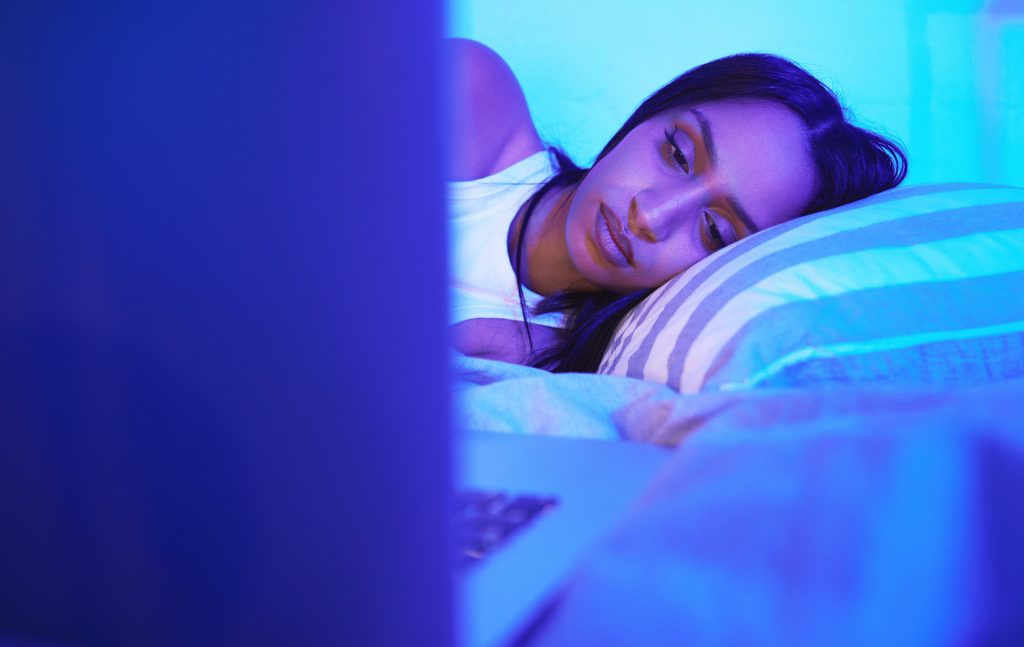Researchers find no conclusive evidence that blue light is more disruptive than other forms of light
Others are reading now
Getting enough sleep is essential to physical and mental health — but modern life often gets in the way.
Screens, schedules, and shifting routines all conspire to disrupt our body’s natural sleep-wake cycle. Among the most commonly blamed culprits?
Blue light from phones and other devices. But according to new research, its effects may not be as clear-cut as once believed.
Study Finds No Clear Blue-Light Villain
A recent study from the University of Basel and the Technical University of Munich, published in Nature, examined how different colors of light impact human circadian rhythms.
Also read
In controlled lab settings, 16 participants were exposed to blue-dim, yellow, and white light for one hour before bed.
Researchers found no significant difference in how each light type affected sleep onset or melatonin regulation.
As reported by Healthline, the study’s authors concluded there was “no conclusive evidence” that blue light is uniquely harmful compared to other light types.
Still, experts caution against misinterpreting the results.
Dr. Alexander Solomon, a neuro-ophthalmologist at Providence Saint John’s Health Center, noted that the study’s light exposures were tightly calibrated and may not reflect real-world conditions.
In everyday life, blue light from screens tends to be brighter and more intense — especially when used in dark rooms.
Not a Free Pass for Scrolling Before Sleep
While the findings challenge the conventional wisdom around blue light, they don’t suggest that pre-bed screen time is harmless.
The human circadian rhythm is influenced by multiple factors, including light intensity, color, timing, and duration of exposure.
Even yellow or white light, when bright enough, can interfere with melatonin production and sleep quality.
Keiland Cooper, a neuroscientist at UC Irvine, emphasized the need for more research: “The main takeaway… is that more work needs to be done to pin down which aspects of screens at nighttime negatively impact our sleep.”
Best Practices Still Favor Limiting Screens
Despite the study’s nuanced conclusions, most sleep experts still recommend limiting screen exposure before bed — not just for the light, but also for the mental stimulation.
Both Solomon and Cooper stressed that screen hygiene remains a smart strategy, especially for people struggling with insomnia or irregular sleep patterns.
Using dim lighting, enabling nighttime filters, and powering down devices an hour before sleep can all help maintain healthier sleep habits.
And for those with ongoing sleep difficulties, seeking professional advice may be more effective than simply blaming the blue glow of a smartphone.

